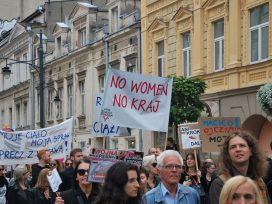
Women have been playing a key role in the recent Polish protests. Irma Allen relates their stories and reports that, despite intimidation and social pressure, this time they won’t be silenced.

Women have been playing a key role in the recent Polish protests. Irma Allen relates their stories and reports that, despite intimidation and social pressure, this time they won’t be silenced.
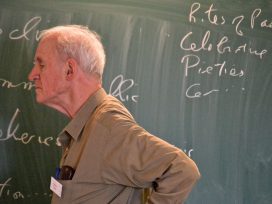
In a prescient and extraordinarily lucid essay, published in ‘Transit’ almost 25 years ago and only now published in English in the Slovak journal ‘Kritika & Kontext’, political philosopher Charles Taylor develops a normative definition of democracy that avoids the pitfalls both of liberal individualism and authoritarian collectivism.
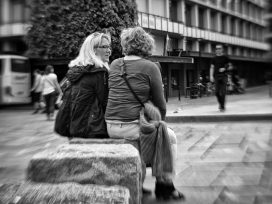
Samuel Abrahám, editor-in-chief of Eurozine partner journal Kritika & Kontext, relates his attempts to translate a text by Czech author Milan Kundera into Slovak, and ponders Kundera’s prophetic words on the value of privacy.
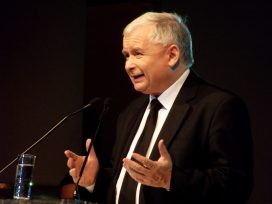
Is there anything democratic about ‘illiberal democracy’? The temptation to dismiss its proponents as illegitimate is clear but, as Jeffrey C. Isaac argues, it was by openly examining and addressing their claims to act for ‘the people’ that previous authoritarian political movements were successfully challenged.
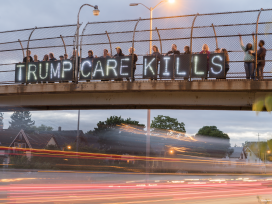
Half a year in, the furious tempo of the Trump presidency is being maintained – and even heightened – with ever more baroque cast members rotating through the White House. George Blecher attempts to make sense of it all – with a little help from Tacitus and Suetonius.

In the first of a series of articles from the landmark 50th edition of Transit (to be published in September), author Slavenka Drakulić casts a rueful glance over the expectations – some fulfilled, many frustrated – of the generations that have lived through the changes since 1989.
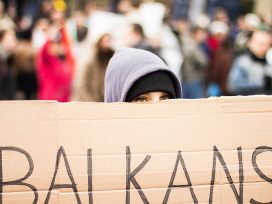
Last month, EU leaders met in Trieste and dutifully reaffirmed their commitment to the nations of the Western Balkans. Just as they did last year. And the year before. But this process is going nowhere, write André Liebich.
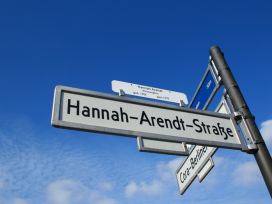
Writing in the 1940s and 50s, political theorist Hannah Arendt saw in the nascent European project an opportunity for political transformation in the aftermath of totalitarianism. But she also foresaw some of its potential weaknesses, writes Peter Verovšek.

When does forced labour become slavery? Dr Marc Buggeln explores this issue in the context of the most notorious examples from 20th-century history: the Nazi concentration camps and the Soviet Gulag system.
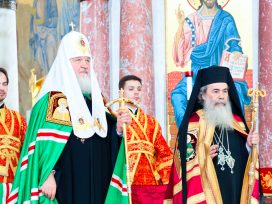
The constitutional separation between church and state in Russia is being ignored, writes Boris Falikov. He asks why the Kremlin’s partnership with the Orthodox church exists, and just how far it extends.
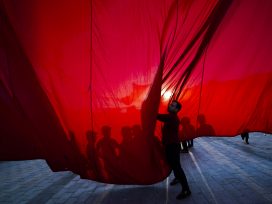
Turkey’s President Recep Tayyip Erdoğan faced down an attempted military coup in July 2016. But far from reinforcing democracy, in the year since then he has used the state of emergency to institutionalize an elective autocracy, writes Professor Ahmet İnsel.

Europe long overlooked the extent of Russian attempts to influence politics in the West through disinformation and cyber warfare. Now the opposite may be the case. Markus Wehner assesses the risks, and looks at measures being taken by the German government.
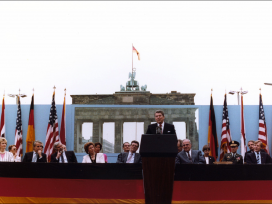
In just four years, the Republican Party has become the willing accomplice of what the previous Republican presidential nominee called America’s No. 1 geopolitical foe, writes James Kirchick. It’s a sorry tale, but not altogether surprising.
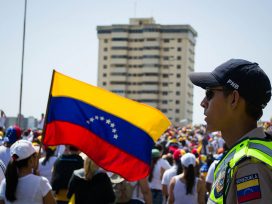
Thor Halvorssen, founder of the Oslo Freedom Forum, has been described in the Norwegian media as a ‘suspect liberalist’. In a wide-ranging interview, Truls Lie, editor-in-chief of Eurozine network partner journal Ny Tid and Modern Times Review, asked him about dictatorships, his native Venezuela, anarchism and meritocracy.
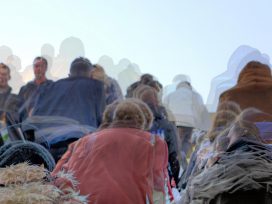
The ethno-nationalist response to immigration entrenches the very alienation that it purports to overcome. In order to escape inertia and rejuvenate our societies, what we need instead is a politics of adaptation, argues sociologist Hartmut Rosa.
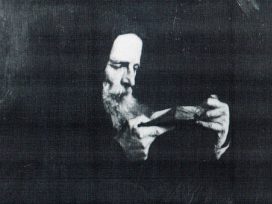
Andrei and Klymentiy Sheptytsky, the Ukrainian Greek Catholic clerics who resisted both Nazi and Soviet oppression, have played an important role in shaping Ukrainian political identity. Polish intellectual and diplomat Adam Daniel Rotfeld was one of the many children of Jewish descent sheltered in the Sheptytskys’ monastery during WWII. Here, he re-evaluates the biographies of the two brothers.